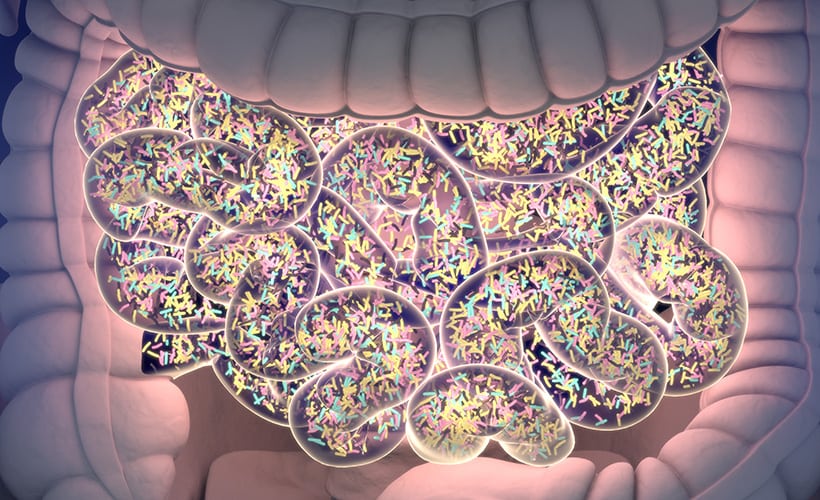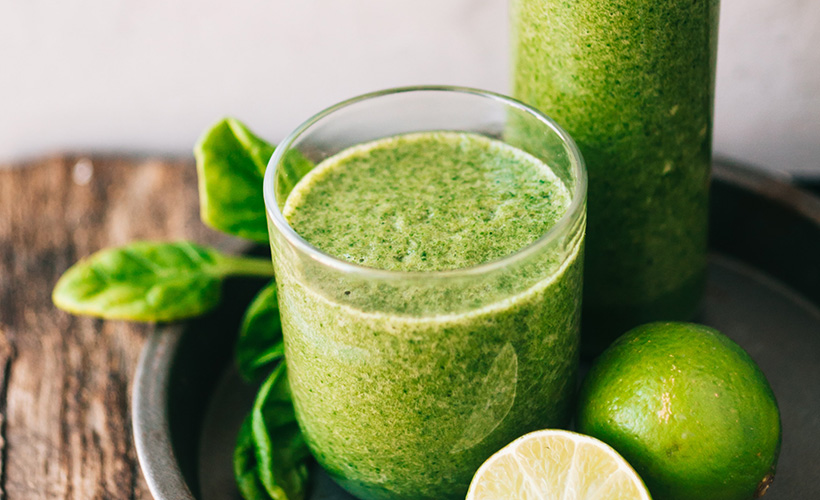When you’re feeling under the pump at work, family tensions or financial pressures are rising and that ol’ “I’ve just been so busy” call tends to slip out of your mouth multiple times a day… whether you’re aware of it or not, your body is likely paying the price for the rush of modern-day life. When we’re particularly stressed, despite good intentions, it’s a time where most people reach for convenience food because let’s face it, when we feel like there is not enough time in the day as it is, the idea of finding time to make homemade chicken broths or superfood stacked smoothies seems wildly out of reach. Yet when we are stressed, our body needs all the nutritional support that it can get to help us stay well throughout what is hopefully a temporarily challenging time!
Research suggests that stress potentially contributes to as many as 80% of all major illnesses…yikes! While frightening, this may not be surprising as prolonged stress puts a huge load on the body; accelerating the heartbeat, raising blood pressure, creating more tension in the muscles, and straining the adrenal glands and immune system. Stress symptoms can include; insomnia, irritability, depression, fatigue, headaches, upset stomach, digestive disturbances, change in appetites and memory loss. Stress depletes many nutrients and reduces our digestive strength. This, in turn, reduces nutrient absorption and utilization even further, so it’s important to be especially mindful of eating healthy when we’re under stress.
Stress is an unavoidable part of life, but below are some easy ideas to up your nutritional game when life throws you lemons or curveballs!
- Refined carbohydrates such as cookies and potato chips tend to spike blood sugar and then cause it to crash. This then increases stress and anxiety. Consumption of refined carbohydrates is tied to inflammation, stress and depression. Choosing healthy unrefined carbohydrates tends to have the opposite effect. It encourages favorable hormone signaling in the brain, which supports satiety, mood regulation, along with energy and sleep balance. Carbohydrates can increase levels of serotonin, a chemical in the body that helps boost mood and reduce stress. Complex carbohydrates digest more slowly and keep blood sugar levels more even. Sources of complex carbs include sweet potatoes, brown rice, steel-cut old-fashioned oats, quinoa, barley, and legumes.
- Try to avoid processed foods and other foods that place stress on the body such as; artificial sweeteners, carbonated soft drinks, deep-fried foods, junk foods, highly-refined flours, sugar and foods containing preservatives.
- Try to limit your intake of caffeine. Caffeine stimulates already over-stimulated adrenal glands during times of increased stress. It also contributes to nervousness and can disrupt sleep patterns.
- Try to avoid alcohol and drugs. Alcohol, tobacco and other mood-altering drugs (unless prescribed), may offer some temporary relief from stress, but often, the after-effects of such drugs just exacerbate symptoms of stress.
- Eat a diet full of vitamins, minerals, and antioxidants. To do this, focus on stocking your fridge and pantry with nuts, seeds, fruits, vegetables, free-range eggs, whole-grains, fatty fish such as salmon and herbal teas such as chamomile.
- Bananas are a great food to reach for when you’re feeling stressed. They’re convenient, cheap and have many perks! They’re a potassium and magnesium-rich fruit that also contains the mood-boosting chemical dopamine. Dopamine and magnesium levels plummet during stressful times. Bananas are also a rich source of certain B vitamins. B vitamins are vital in helping the nervous system run correctly and eating a diet rich in B vitamins can help to decrease stress and fatigue. The potassium in bananas can help to lower blood pressure, which is an important consideration as blood pressure often rises during times of stress.
- Feeling frazzled can tax the heart, but including omega-3 rich foods in your diet can help strengthen your heart and boost your mood. The inclusion of heart-healthy omega-3 fatty acids in whole fish like tuna, halibut, salmon, and sardines should be weekly staples.
- Don’t forget to stay hydrated! The importance of staying hydrated during strained and chaotic times can’t be stressed enough. Even mild dehydration can increase cortisol levels, which contributes to increased stress. While water itself is not a magical elixir for making all your troubles disappear (if only!), staying hydrated does help your body to handle stress.
- Boost your avocado intake. Avocados are packed with healthy monounsaturated fats, vitamin C, vitamin B6, potassium, and fiber, making for a perfect stress-fighting snack. The healthy fat and fiber in avocados can help contribute to satiety, discouraging you from unhealthy snacking when you’re stressed.
- Leafy-green vegetables, such as spinach and kale are stress-busting powerhouses. As a rich source of magnesium, leafy greens can help regulate cortisol and blood pressure levels. Plus, green leafy veggies contain folate, which plays a key role in the production of the feel-good chemical dopamine.
Whether you’re aware of it or not, we all develop a pattern for coping with stress. Unfortunately, most people have found patterns and methods that ultimately don’t support good health eg. smoking, overeating, emotional outbursts, overspending. Stock up on some of the healthy foods above so you’re nutritionally prepared when stress strikes!
If stress-related symptoms become chronic or you feel that you are having trouble coping with stress, please see your GP, call NZ’s mental health line on 1737 or call Lifeline on 0800 543 354.


















Community